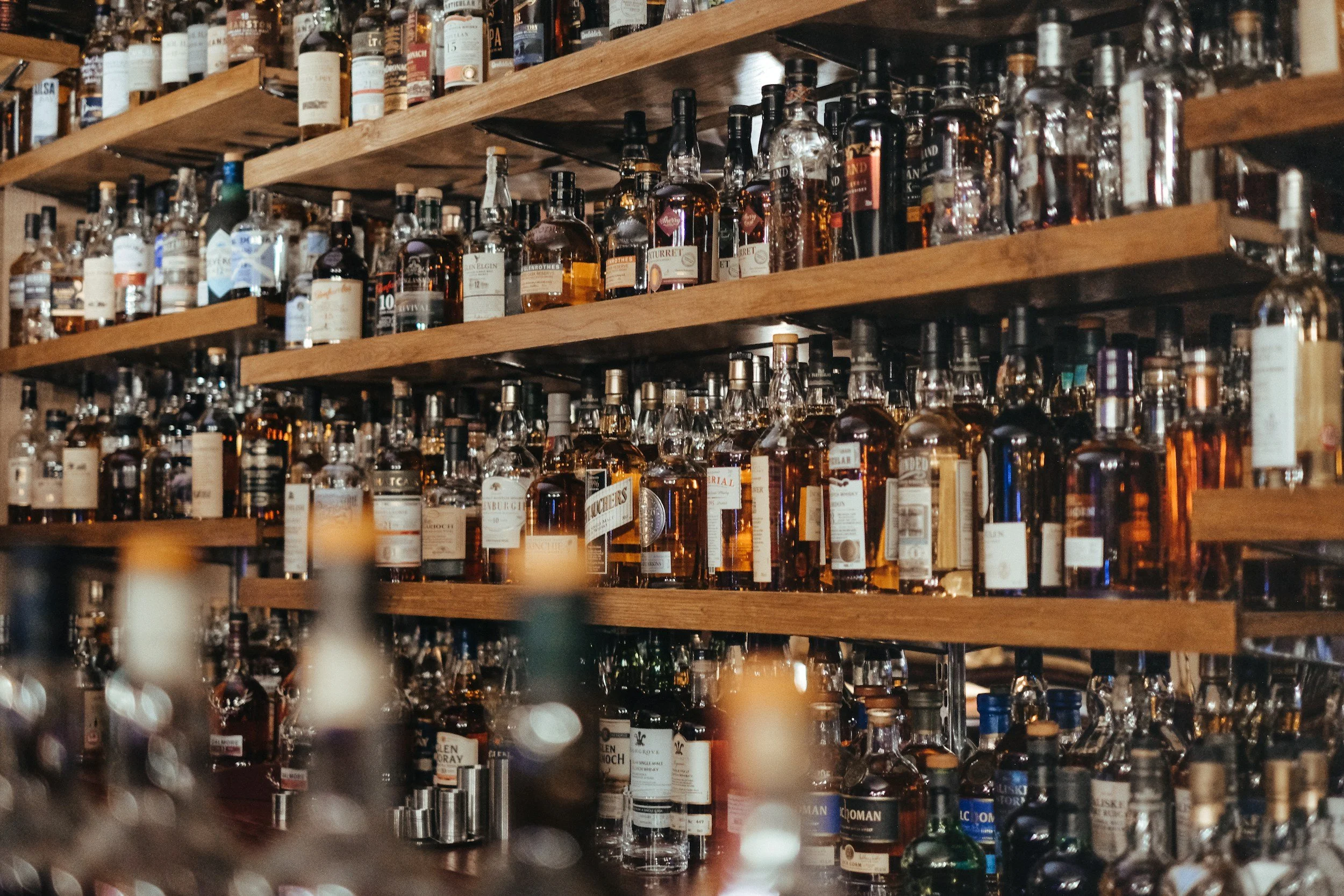Blog By: Lydia Deaton
Bourbon distilling begins when a master distiller crafts a specialized blend and ends with bourbon being poured from one of its many iconic bottles. For Kentucky, bourbon is more than just one of its many industries. The bourbon industry has become a cultural focus point and a billion-dollar industry for the state.[i] Kentucky’s Bourbon industry accounts for nearly ninety-five percent of the bourbon produced worldwide.[ii] As the demand for bourbon continues to grow, the Kentucky bourbon industry has expanded through mergers, acquisitions, and international sales efforts. These expanded operations have increased the need for intellectual property (IP) protection for Kentucky's distillers.
Trade Secret law may provide an avenue for protection for Kentucky’s distillers. Trade secrets are a type of IP law that is rooted in state law and, unlike some of its alternatives, does not require public filings and is not limited in duration. Under Kentucky law, a trade secret may apply to information that derives independent economic value from remaining secret and is kept confidential through reasonable measures.[iii] This framework provides businesses, and in this case, bourbon manufacturers, with legal remedies if a competitor unlawfully acquires or discloses proprietary information.[iv] Today, distilling requires highly specialized processes, which are often overseen by master distillers. For bourbon makers, the specific mash bill or ratios of ingredients such as corn, rye, barley, or wheat used are often closely guarded.[v] Further along in the distilling process, choices of barrel location for aging, rotation frequency, and blending methods may be protected depending on the steps taken to guard that information.[vi]
As the bourbon industry continues to grow, there is an increasing need to protect information and processes that have been developed throughout years of experience in distilling. As the industry grows and distillers merge, expand, and distribute throughout the world, more people have access to the closely guarded recipes and processes that make Kentucky bourbon unique.[vii] As the need to share trade secret information increases, so does the importance of taking steps to protect it. Today, bourbon manufacturers should consider what protections may be available from trade secrets and how to ensure those protects exist prior to sharing their process and recipes during the expansion process. One potential way to protect trade secrets is to ensure that confidentiality agreement and procedures are in place with trade partners to separate recipes and processes from other types of proprietary information.[viii] While it is unclear exactly how far distillers must go to protect their trade secrets, it is important that reasonable efforts to protect trade secrets are made to qualify for protection.[ix]
While bourbon is a specialized industry, the food and beverage industry as a whole, often uses trade secrets as a way to bolster protection for their recipes and processes.[x] Bourbon makers could follow the lead of other food and beverage companies to ensure that their signature blends maintain their iconic flavors. Iconic brands like as Coca-Cola and Bud-Light have protected their recipes as trade secrets.[xi]
At its core, the Kentucky bourbon industry has been built through traditions passed down in distilling over generations. Today, the importance of protecting distilling practices and blends has never been greater and trade secrets may provide a practical way to so. The use of trade secrets can provide Kentucky distillers with the ability to continue to use their developed recipes and the ability to share those recipes to enable growth for years to come.
[i] Kentucky Distillers’ Association, The Bourbon Effect: Impact, https://kybourbon.com/industry/impact/ (last visited Sept. 29, 2025) [https://perma.cc/Z9DV-4S2E].
[ii] Kentucky Distillers’ Association, Kentucky Bourbon: The Proof Is Here, Kentucky Bourbon, https://kybourbon.com/ (last visited Sept. 29, 2025) [https://perma.cc/2JRH-ASEK].
[iii] Ky. Rev. Stat. § 365.880–900 (West 2025).
[iv] Id.
[v] Bennett E. Kuhar, The Secrets Your Whiskey Holds: Trade Secrets in the Alcoholic Beverages Industry, Tucker Ellis (Apr. 25, 2024), https://www.tuckerellis.com/ip-tip-of-the-month-blog/the-secrets-your-whiskey-holds-trade-secrets-in-the-alcoholic-beverages-industry/ (last visited Sept. 29, 2025) [https://perma.cc/LQY4-6QSV].
[vi] Id.
[vii] Kentucky Distillers’ Association, Heaven Hill Brands Closes Black Velvet Acquisition, https://kybourbon.com/industry-news/heaven-hill-brands-closes-black-velvet-acquisition/ (last visited Sept. 29, 2025) [https://perma.cc/5NMT-QWFZ].
[viii] Opus Fund Servs. LLC v. Theorem Fund Servs. LLC , No. 17-cv-923, 2018 WL 1156246, at 3 (N.D. Ill. March 5, 2018). (Confidentiality agreements may provide some evidence of reasonable efforts but are not dispositive in establishing a trade secret).
[ix] Id.
[x] Leigha Santoro, A Tasteful Expansion of the Already Full Plate of Intellectual Property, 12 Drexel L. Rev. 171. (2020) [https://perma.cc/C3TJ-TNSC].
[xi] Amy Morris, Top Secret: Coca-Cola’s IP Legacy, Marks & Clerk, https://www.marks-clerk.com/insights/latest-insights/102ktnc-top-secret-coca-cola-s-ip-legacy/, (last visited Sept. 29, 2025) [https://perma.cc/2PZY-JDCH]; Charles Riley, Bud Light brewer accuses competitor of obtaining beer’s secret recipe in new lawsuit, CNN Business (Oct. 18, 2019) [https://perma.cc/Q9UB-EFHT].



